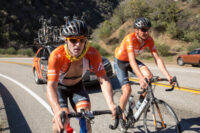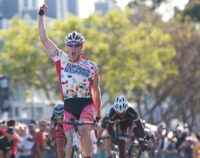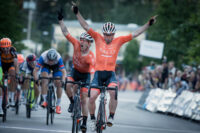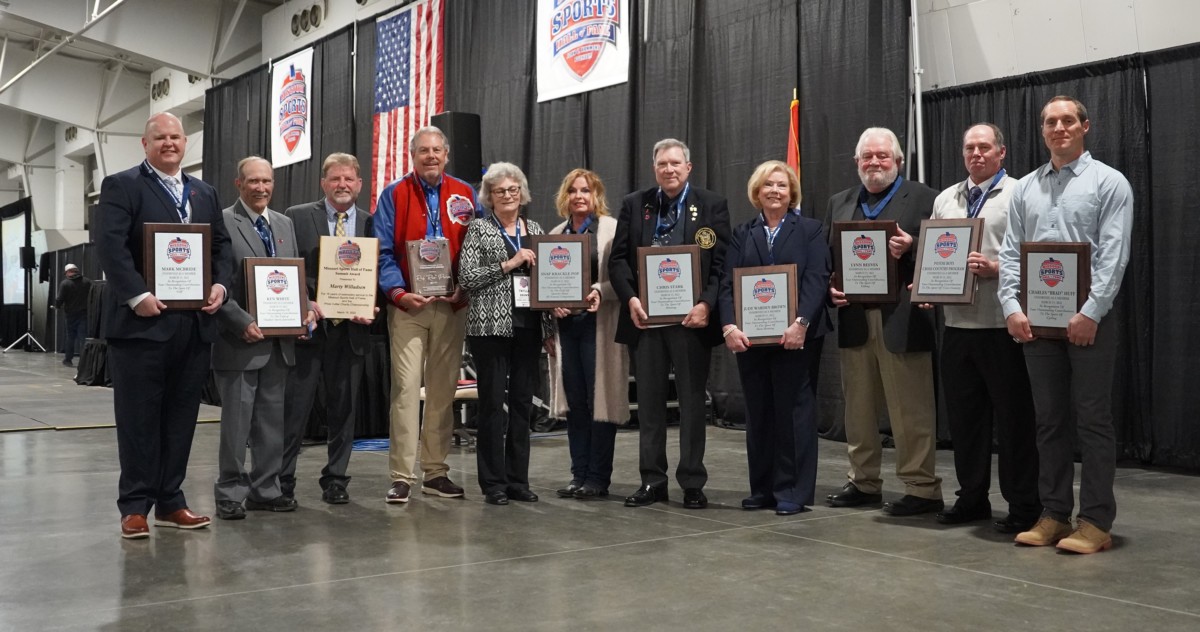Inductees
Brad Huff
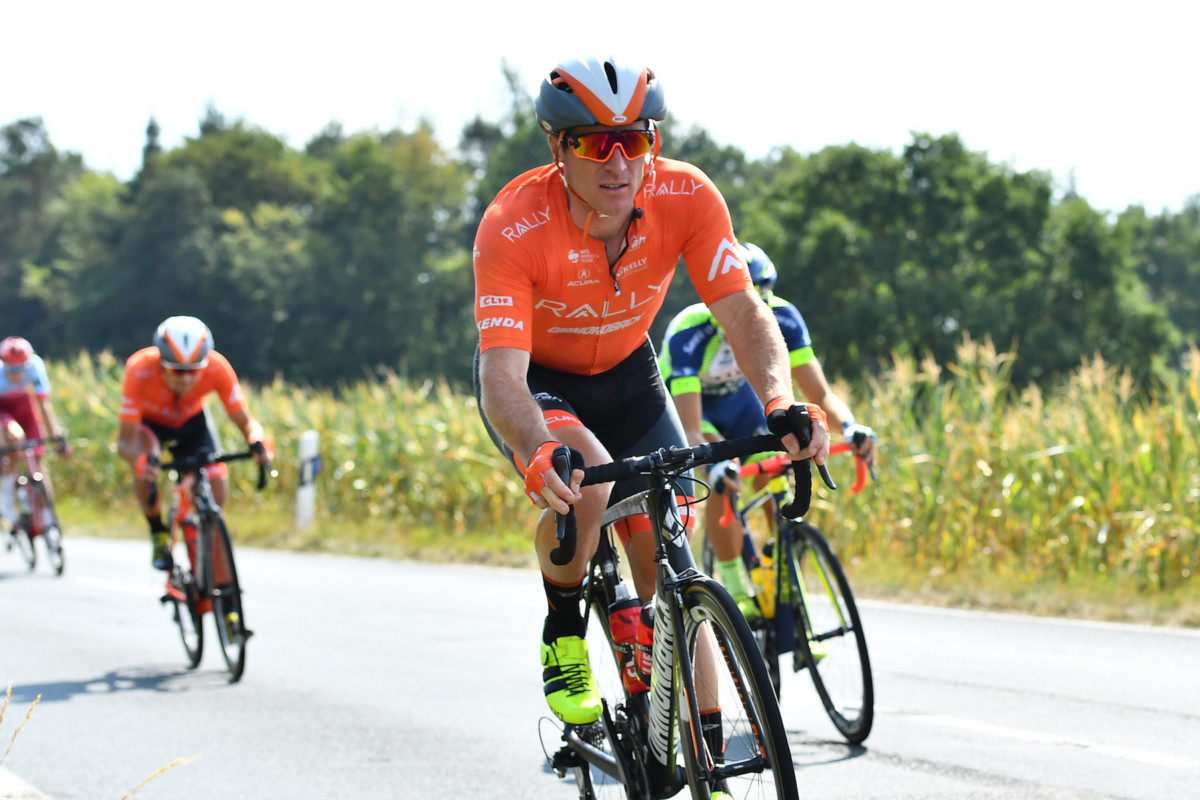
Born: February 5, 1979
In sports, everybody’s got a story, but some are more unbelievable than others.
In 1999 – three years after winning the Missouri Junior Beginner Mountain Bike Championship, and two years after graduating from Fair Grove High School, and one year after purchasing his first road bike from Sunshine Bike Shop – Brad Huff made it to the U.S. National Team. However, it was short-lived.
“I only raced one international race with them, the Tour of Hokkaido in Japan, as I performed very poorly and was not asked to return the following year,” Huff said. “From that point on, I was determined to prove that I had what it took to make it back on the National Team. I even wrote a small message in a cycling cap, ‘Brad Huff National Team Rider’ to give myself a positive affirmation to work towards.”
Did he ever.
Huff eventually worked his way into a successful professional cycling career over the next two decades, with his latest path leading to the Missouri Sports Hall of Fame and induction with the Class of 2022.
Overall, he was a nine-time U.S. national champion on the road and track and, between 2006 and 2018, he raced for three teams: TIAA-Cref/Slipstream Sports, Jelly Belly Pro Cycling and Rally Pro Cycling.
Starting with a win at the 2004 U.S. Track National Championships in what’s called The Madison, his success continued as U.S. Elite Criterium and Pursuit champion in 2005. He also was a two-time USPRO Criterium champion (2006, 2016), earned a 2007 UCI Track World Championships bronze medal in Palma de Mallorca, Spain and won two gold medals at the 2007 Track Pan Am Championships in Carabobo, Venezuela.
He also was a 2008 Olympic Long List team member and missed making the Olympics by one spot.
Additionally, Huff won multiple UCI road stages around the globe and earned countless U.S. Criterium wins throughout his professional career.
And it all started in Greene County, Missouri. A multi-sport athlete in high school, Huff took a liking to riding mountain bikes, especially as he trained for track and field.
Then, in 1998, he met a mentor, cyclist John Howard (MSHOF 1999), a three-time U.S. national champion and three-time Olympian. The meeting kick-started Huff’s quest to be the best.
However, his cut from the U.S. national team in 2000 unleashed a lion, although Huff’s determination backfired.
“I felt I needed to loose weight in order to perform, as all of the greats of the time were rail thin and flew up mountains,” Huff said. “So needless to say, I gave myself an eating disorder that completely ruined the next three years of my racing.”
Fortunately, he was studying Dietetics at Missouri State University, where a professor put him on the right track.
“I came back as, ‘The Guy Who Ate Brad Huff’ in the spring of 2003, and my performances were never better,” Huff said, noting he gained 52.5 pounds to weigh 190.
At the 2004 Elite Madison National Track Championships, he and Matt Stephens were no-name underdogs and yet lapped the field in the final minutes, besting current and future U.S. Olympians.
The 2005 victories at the Elite Pursuit and Elite Criterium national championships then led to the TIAA-Cref team. That team was building a group of high-powered clean riders to compete in the 2008 Olympics, and Huff and the group successfully proved cyclists could compete without performance-enhancing drugs.
“Our stance against doping and testing protocols are now used universally in the professional peloton to ensure a clean-and-even playing field for every rider. It’s known as the biological passport,” Huff said.
His favorite national titles? The two USPRO Criterium races, in 2006 and 2016. The first was unprecedented, as he was a rookie. The second proved he was still among the best.
One of his most inspiring performances was in Stage 7 of the 2008 Tour of Qinghai Lake. The elevation on the 71-mile course looked like a pyramid. And, despite officials telling him he wouldn’t recover from being dead last and wouldn’t be allowed to advance to the next day, Huff made the cut by 20 seconds.
Earlier that year, he had moved his training from the Olympic Training Center in Colorado to Springfield, where Mercy Sports Medicine re-built him from an injury, putting him within striking distance of the Olympics.
Their work – and the support of his family – will never be forgotten.
“I was and still am truly blessed with an amazing support structure here in Springfield,” Huff said.
